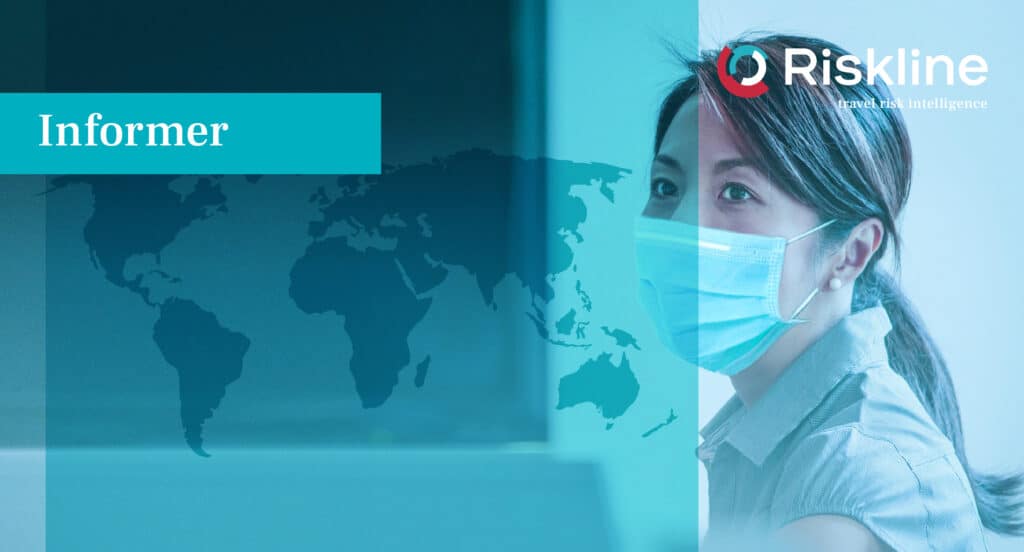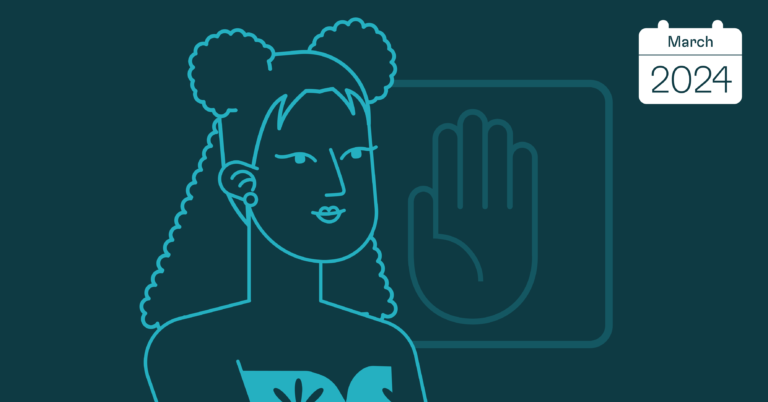A decade has passed since the world experienced its last pandemic, the 2009 A(H1N1) “swine flu” outbreak that infected as many as 1.4 billion people across the globe and killed between 151,000 and 575,000 people between February 2009 and August 2010. The A(H1N1) infection first appeared in Mexico in late February 2009, exposing vulnerabilities in global, national and local health capacities, difficulty in decision-making as well as international cooperation and communication. The first cases of the novel coronavirus (COVID-19, 2019-nCoV or SARS-CoV-2) were confirmed in Wuhan, China, in late December 2019. The novel coronavirus is a viral illness that affects the respiratory system, similar to Severe Acute Respiratory Syndrome (SARS), the Middle East Respiratory Syndrome Coronavirus (MERS-CoV) and Influenza A virus subtype H1N1 which is associated with the 1918 Spanish flu and the 2009 A(H1N1) pandemic. By 20 March, the global COVID-19 tally stands at over 240,000 cases and 10,000 associated fatalities. For comparison, in a typical influenza season over one million severe cases and 300,000 fatalities are reported.
There are some key differences between the 2009 A(H1N1) pandemic, seasonal flu and the current COVID-19 crisis. The 2009 flu pandemic primarily affected children and young adults, while the COVID-19 seems to affect people ages 65 and older, similarly to seasonal flu. The fatality rate for COVID-19 appears to be higher than that of the 2009 flu, and it seems to be more contagious, too. The fraction of severe (15 percent) and critical (5 percent) infections of COVID-19 are also estimated higher than seasonal flu. While the initial detection was timely for both the 2009 H1N1 flu and the COVID-19, further actions such testing hasn’t happened quite as fast or as smoothly with COVID-19 as they did with H1N1. This is also the first pandemic in the era of social media; misinformation and panic has spread faster than the virus.
The COVID-19 infection rate has been low in Mexico, with only 0.9 cases reported per 1 million inhabitants as of late March, compared to the rates of 4,126 in San Marino, 679 in Italy and 56 in China. Mexican authorities have been equally slow to react to the threat posed by the global pandemic, mainly due to social and economic concerns in a country where the majority of employment is informal with little or no worker protections and social security. The public health benefits of widespread quarantine measures have been downplayed by family economics. Despite the differences between the 2009 A(H1N1), seasonal flu and COVID-19, lessons learned from previous pandemics should not be forgotten as Mexico and other countries wait for an inevitable surge of infections and an eventual vaccine – most likely still months away. Having and following a preparedness plan including proper clinical surveillance, timely and focused vaccination (when available), conduct timely communication of health risks and control measures to avoid panic, build capacity for primary care, maintain strategic reserves of drugs and protection equipment, and increase capacity for intensive care, were found primordial for an effective response to epidemic during the A(H1N1).
While we don’t know how long social distancing measures and lockdowns can be maintained without major consequences to the economy, society and mental health, evidence from China speaks on behalf of containment. The lockdown in Wuhan “bought time” for the rest of China and the world, while increasing awareness among the population and strong national public health systems play an important role, too. We need to be prepared that measures will need to be reintroduced if or when case numbers rebound. At the individual level, people should not panic, but follow good hygiene measures such as frequent hand-washing and respiratory etiquette, as well as the use of face masks and practicing social-distancing where possible, to reduce the risk of contamination. And when confined and given a chance, we should not forget the germicidal properties of fresh air and sunshine which proved effective during the 1918 flu pandemic.
Riskline stands ready to assist clients by providing the latest intelligence on the outbreak. We have a Special Report on COVID-19 available on our web portal that is updated daily. A free, sample version can be downloaded here.
Eeva Ruuska is a Mexico-based political and security risk analyst covering Latin America.















